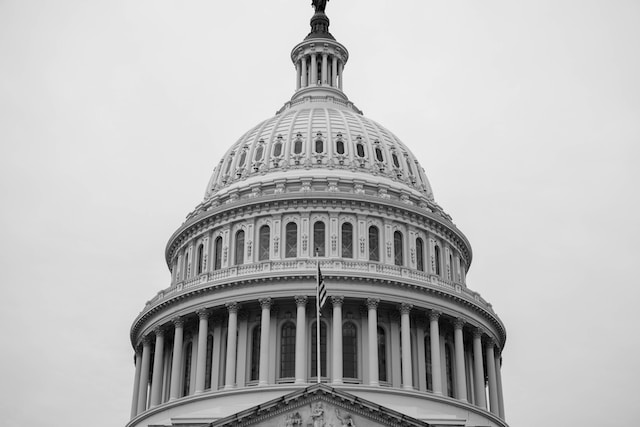
Appoint Judge Ana de Alba to the Ninth Circuit
Read Full Article (PDF)
Appoint Judge Ana de Alba to the Ninth Circuit
The United States Senate must rapidly appoint Eastern District of California Judge Ana de Alba to the Ninth Circuit. This appellate tribunal is a preeminent regional circuit, which faces substantial appeals, has the largest complement of jurists, and clearly includes a massive geographic expanse. The nominee, whom President Joe Biden designated in spring 2023, would offer remarkable gender, experiential, ideological, and ethnic diversity realized primarily from serving productively with the California federal district, and state trial, courts after rigorously litigating for one decade in a highly regarded private law firm. For over fifteen years, she deftly excelled in law’s upper echelon. The post which the judge could fill has been vacant for months. Thus, the Senate needs to promptly approve the well qualified, mainstream nominee.
Carl Tobias *
* Williams Chair in Law, University of Richmond School of Law




